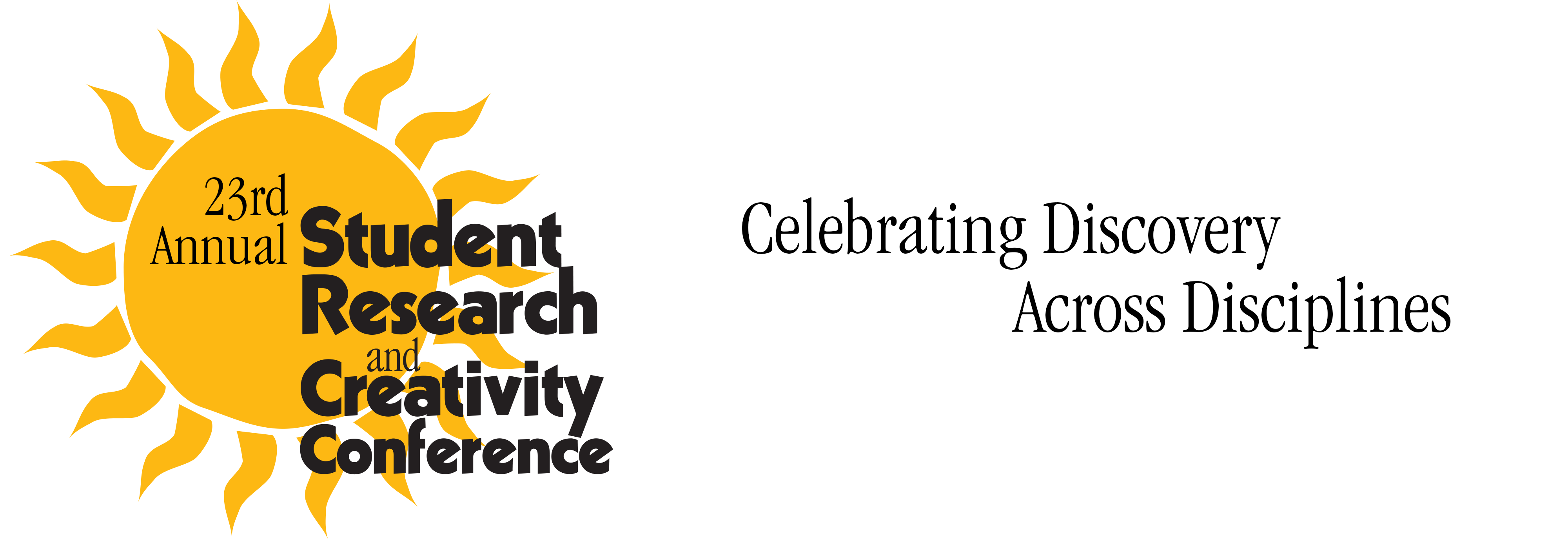Files
Download Full Text (1.1 MB)
Description
Grace Gallagher, Psychology
Faculty Mentor(s): Professor Kimberly Kamper-DeMarco, Psychology
Peer victimization is a common experience among adolescents (Crick et al. 1996), however, little research has examined the effect of COVID-19 on experiences of peer victimization. Past research has demonstrated that peer victimization is associated with gender, age, and experiencing violence as a child. Relatedly, COVID-19 has led adolescents to experience a host of negative outcomes such as depression, anxiety, and anger. Given the recent COVID-19 occurrence, little is known about the effects of COVID-19 on social relationships. As such, the current research study is focused on understanding the association of COVID-19 and peer victimization. We will measure peer victimization through the Child Social Experience scale, separating peer victimization into physical victimization (i.e., hitting, biting, pulling hair) and relational victimization (i.e., manipulation, exclusion, rumor spreading) (Crick et al, 1996). COVID-19 will be assessed using the COVID-19 Adolescent Symptoms and Psychological Experiences questionnaire (CAPSE, Ladouceur, 2021). We predict that individuals will still experience peer victimization the COVID-19 pandemic. These results will come from parents and their children between the ages of 12-13. Both parents and teens will complete surveys focused on the adolescent's behavior, experience of COVID-19, and other related study variables. We will analyze the data from these surveys to see the correlation between COVID-19 and peer victimization.
Publication Date
2021
Recommended Citation
Gallagher, Grace, "The Association Between COVID-19 and Peer Victimization" (2021). Psychology and Social Sciences. 31.
https://digitalcommons.buffalostate.edu/srcc-sp21-psychsocsci/31




